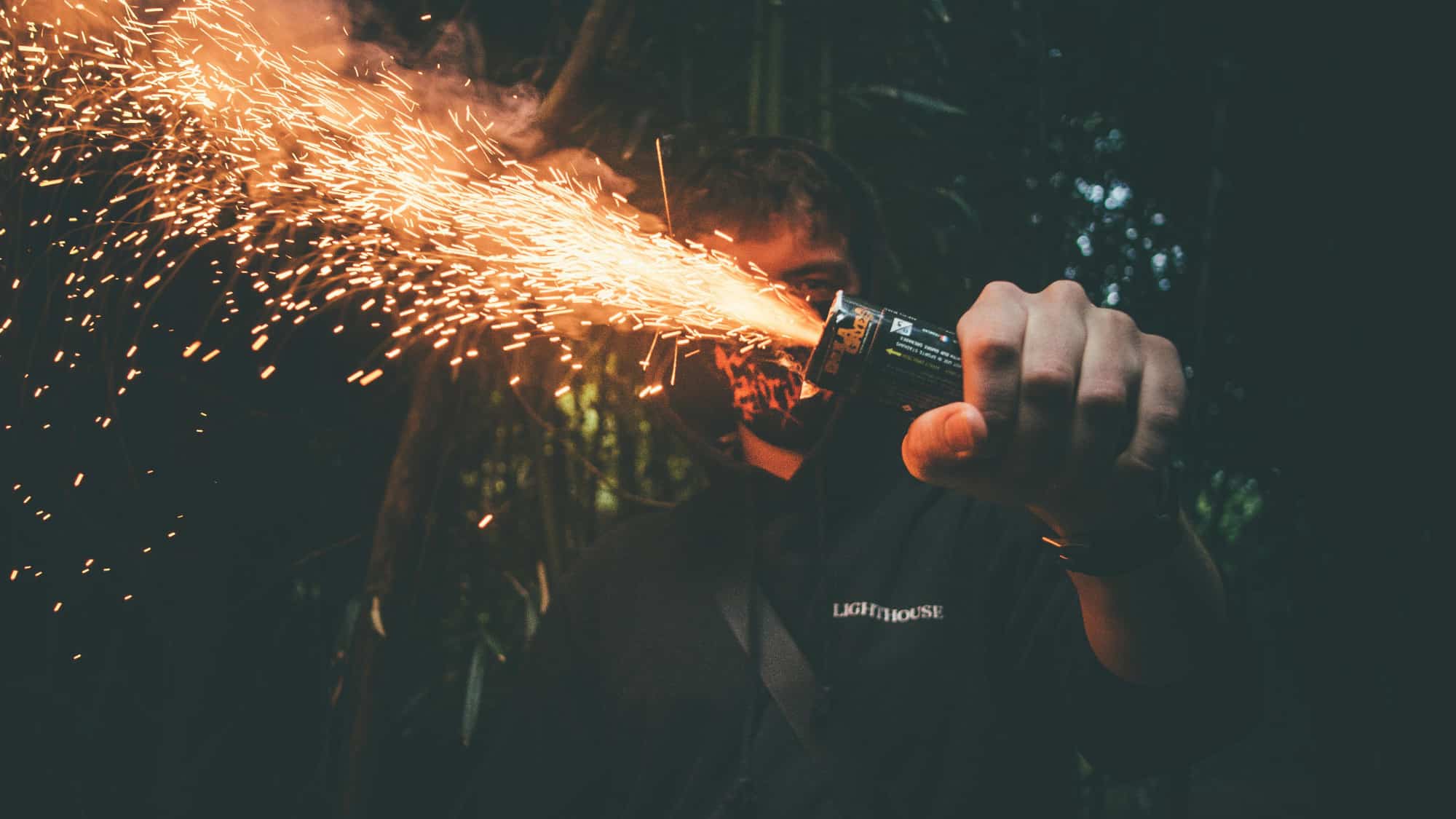Let’s talk about dopamine, that enigmatic little molecule that’s made a name for itself as the brain’s creator of good times. It isn’t inherently good or bad—it’s just there, orchestrating what feels good and urging you to do it again. So, what does it mean to have a dopamine addiction, and how does that relate to substance abuse?
It’s what makes you savor a perfectly brewed cup of coffee, punch the air after nailing trivia night, or doomscroll like it’s an Olympic sport. But here’s where things get complicated: dopamine doesn’t know the difference between what’s fleeting and what sustains you. It’s just doing its job.
If you add drugs to the mix, things get messy very fast. Suddenly, the dopamine molecule is part of the complex web. The brain disease of addiction can create ramifications across the landscape.
Is “Dopamine Addiction” Really a Thing?
So, you are not going to get a dopamine addiction diagnosis, not in the clinical sense. But it is a phrase used to help people talk about the brain’s relentless pursuit of pleasure. Sometimes, this pursuit comes at the cost of everything else that we might even hold dear. It’s like the moth to the flame. We get close to it, and eventually, it consumes us.
Dopamine’s original role was practical: to reward behaviors that helped our ancestors survive. This might have been in hunting or conversing about the dangers surrounding them. Maybe even making tools.
But today, dopamine just lights up whenever something seems pleasurable. It might get produced if the stimulus is a pleasant conversation, a scroll down Instagram, or a hit of opioids.
And when drugs get involved, they’re not content with merely borrowing dopamine’s magic. They seize control, rewrite the rules, and take over the show entirely.

When Drugs Hack the Brain’s Reward System
When drugs are the impetus of the dopamine creation, it messes with the entire system. Your brain stops creating it. It begins to need the drug to produce what once happened naturally. This is what it means to be dependent on a drug.
The ordinary joys—sharing a laugh, savoring a meal—start to feel muted, as if someone turned down the brightness of your life. Over time, the brain’s pleasure receptors shut down, unable to keep up with everything that is going on.
The substance becomes not a choice but a necessity, a way to stave off the void.
What Drugs Give the Dopamine Hit?
- Stimulants (Cocaine, Methamphetamine, Adderall): These ones flood your brain with an overwhelming surge of feel-good chemicals, making you feel invincible—until the crash comes. Meth, especially, rewires the reward system so profoundly that nothing else seems worth pursuing.
- Opioids (Heroin, Oxycodone, Fentanyl): These don’t directly mess with dopamine but take a more elegant, sneaky route. They calm the brain’s brakes, letting dopamine gush freely. The result? Blissful euphoria that’s impossible to replicate naturally.
- Alcohol: A little dopamine, a lot of mess. Alcohol gives you a brief dopamine lift, but it’s fleeting, and the crash usually brings shame along with it.
- Cannabis: THC has a more subtle effect, gently coaxing dopamine into action. It’s not as intense as stimulants or opioids, but it’s enough to keep you coming back for another hit.
- Binge Behaviors (Gambling, Social Media, Netflix): Not substances, but don’t let that fool you. These activities release dopamine in ways eerily similar to drugs, making them just as capable of creating compulsive habits.
Restoring Balance: The Real Work
Here’s the truth: dopamine itself isn’t the problem. The problem is imbalance—when the scales tip so far in one direction that it’s hard to find your way back. But balance is possible.
- Build resilience: Activities like exercise, meditation, and meaningful work don’t just feel good—they strengthen your brain’s ability to bounce back.
- Lean on your support system: Trusted friends, mentors, or professionals can keep you grounded.
- Address the deeper knots: Mental health care isn’t a luxury—it’s a lifeline when addiction is pulling the strings.
The Strange Science of Recovery
Here’s the part that can be strangely beautiful: dopamine isn’t just about pleasure. It’s about drive. Motivation. The same systems that pull you toward addiction can, with the right help, pull you toward healing. Recovery doesn’t mean silencing dopamine; it means giving it a better focus.
If addiction has you—or someone you love—caught in its grip, it’s not a reflection of weakness or failure. It’s your brain trying to cope the only way it knows how. But brains can heal. Recovery rewires us, often in ways we can’t predict but come to deeply appreciate.
Help is here. The science of recovery is on your side. Let us walk with you toward balance, toward hope, toward a life lit by something truer than dopamine’s fleeting fireworks. Reach out today. Call EagleCrest Recovery: 844-439-7627.


